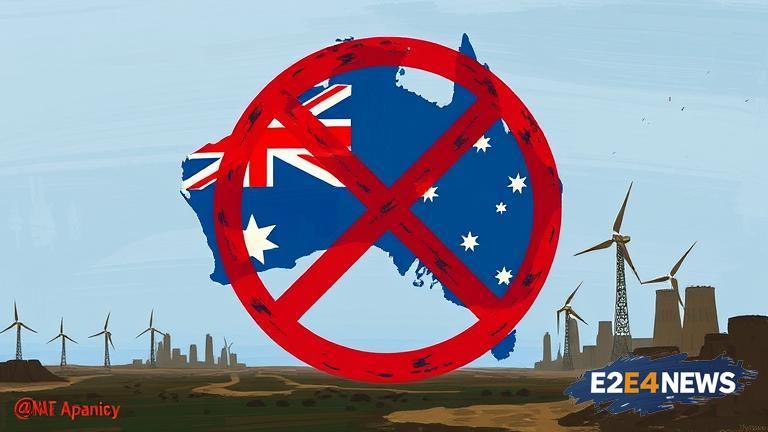Australia has made a bold move by calling for a ban on fossil fuel lobbyists at the upcoming COP31 conference. The country’s delegation believes that the influence of these lobbyists has hindered progress on climate policy and that their presence at the conference would be counterproductive. The proposal has been met with support from several other countries, who share Australia’s concerns about the role of fossil fuel lobbyists in shaping climate policy. The Australian government has been under pressure to take action on climate change, and this move is seen as a step in the right direction. However, the fossil fuel industry has pushed back against the proposal, arguing that it would unfairly restrict their ability to participate in the conference. Despite this, Australia remains committed to its position and is working to build support among other countries. The COP31 conference is a critical moment for global climate policy, and the presence or absence of fossil fuel lobbyists could have a significant impact on the outcome. Australia’s move has been praised by environmental groups, who see it as a necessary step towards reducing the influence of the fossil fuel industry on climate policy. The country’s delegation is working to build a coalition of like-minded countries to support the ban, and it remains to be seen whether the proposal will be adopted. The fossil fuel industry has a long history of influencing climate policy, and their lobbyists have been accused of using underhanded tactics to undermine efforts to address climate change. Australia’s proposal is seen as a way to level the playing field and ensure that the voices of those most affected by climate change are heard. The conference will be attended by representatives from nearly 200 countries, and the outcome will have a significant impact on global efforts to address climate change. The Australian government has faced criticism for its handling of climate policy in the past, but this move is seen as a positive step towards redemption. The country’s commitment to reducing its carbon emissions and transitioning to renewable energy has been welcomed by environmental groups, and the ban on fossil fuel lobbyists is seen as a key part of this effort. As the conference approaches, all eyes will be on Australia and its allies as they work to build support for the ban. The outcome is far from certain, but one thing is clear: the presence or absence of fossil fuel lobbyists will have a significant impact on the future of global climate policy. The Australian government is under pressure to deliver a positive outcome, and the country’s reputation as a leader on climate policy hangs in the balance. The COP31 conference is a critical moment for the planet, and the decisions made there will have far-reaching consequences for generations to come.
